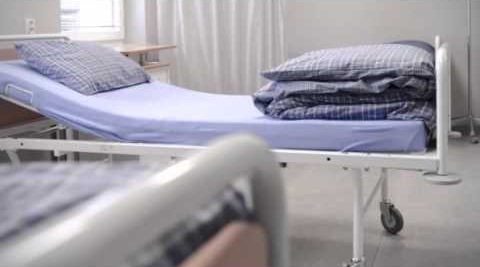Source: Honolulu Civil Beat
By: Dr. Glenn M.L. Pang
I read your proposal that the Legislature push physician-assisted suicide and would like to share five reasons that I, as a long-time Honolulu physician, believe doing so would ultimately bring regret to Hawaii.
No. 1
The Supreme Court has asserted that “the asserted ‘right’ to assistance in committing suicide is not a fundamental liberty interest protected by the due process clause.” (U.S. Supreme Court Majority Opinion 6/26, 1997).
Washington v. Glucksberg, and Vacco v. Quill
Those two cases decided that the government’s interest in preserving life and preventing intentional killing outweighed the patient’s interest in the liberty to choose to die. Furthermore, refusing life-saving medical treatment is different than asking a physician to end a patient’s life, and the states are free to make laws treating these two acts differently.
Hawaii has not chosen to allow intentional killing so far and we have Hawaii law that protects our citizens from what you want to call “aid in dying” which we know is assisting a suicide … it is against Hawaii law.
No. 2
The Hippocratic Oath states: “I will neither give a deadly drug to anybody if asked for it, nor will I make a suggestion to this effect.”
There is a sanctity to life which the physician must respect at all times. Any physician who agrees to perform physician-assisted suicide is rejecting the oath he took when he became a physician. Those that tout these physicians do it under the guise of compassion. This physician likely had very little to do with true care of the patient. He is able to write a prescription for a fee and someone is guaranteeing him freedom from liability.
No. 3
The reason for pursing physician-assisted suicide is to end the suffering from pain or “loss of quality of life.” If we are not able to relieve pain or maximize the quality of the lives of our patients then we are lacking as physicians.
We utilize pain management physicians, psychiatrists, hospice and family conference to help bring the family together to support the family at the end of life. Patients who have severe pain or poor quality of life often are not cancer patients but those with orthopedic, neurologic, psychiatric, cardiopulmonary problems, who have five to 10 years or more of life.
At some time during their illness, because of the pain they are experiencing or the psychological turmoil with spouse or family, they wish to end their lives. With compassionate care of the physicians and support of their family they most often are happy that they did not make that choice to end their lives when they expressed they would like to.
No. 4
The cost of medical care to the patient and family during an illness may be a factor for them to consider physician-assisted suicide. The family may sometimes express concerns about the cost or the patient may worry about the burden he is placing on his family. He may secretly request a physician to prescribe medication to end his life. There may be two or more physicians in a group that will agree on prescribing the end of life medication because they “understand his dilemma.” Passing a law to allow physician-assisted suicide will protect the doctors prescribing these medications, even if it’s definitely the wrong thing to do.
Today I have seen patients with cancers who are living years longer than predicted because of their will to live through the pain and compromised quality of life, being able to enjoy their family and friends. Doctoring is more than prescribing drugs. Compassionate care and support are even more important in allowing the patients to proceed through their illness.
This takes a little more time for the physician. With the decrease in reimbursement and the attempt to see more patients to make up for the decrease it will make it easier for doctors not to have to “spend so much time with these patients.” If this is what the state wants, then this will happen.
No. 5
Government should not be involved in determining if physician-assisted suicide should be legalized since government has a role in controlling the cost of medical care. At some point government may step in to decide who lives or who dies — largely based on the cost of surgery, chemotherapy, psychiatric care, extended care of Alzheimer’s patients, etc.
I emphatically state that the proposed “safeguards” spoken of by legislators cannot be crafted. They have failed in all places that tried them regardless of what proponents will claim.
Let us not all live to have to regret opening the door to this cheap solution to the pain and suffering in life rather than the rich solution of embracing true compassion. I will say again: Doctoring is more than prescribing drugs. Compassionate care and support are even more important.
